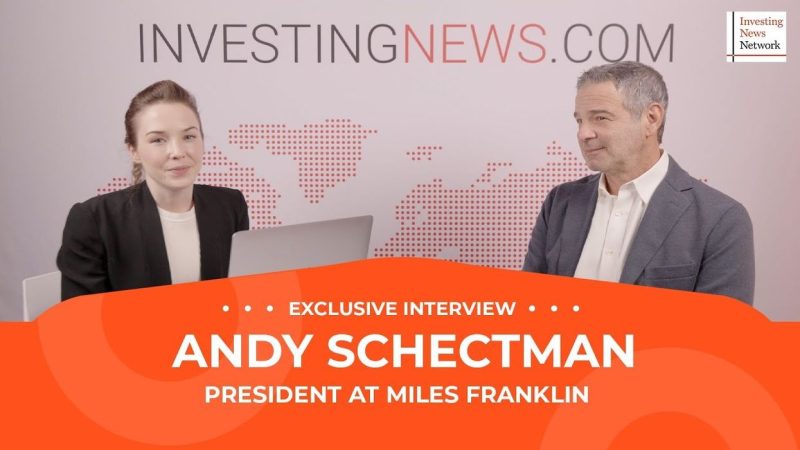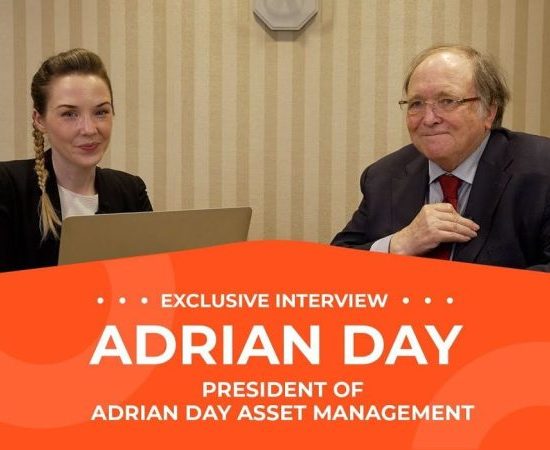Andy Schectman has consistently made a name for himself as an authority on precious metals, global economics, and the future of the dollar. His organization, Miles Franklin, has been an unquestionable leader in the precious metals industry across the United States. With his deep understanding of financial markets, Schectman has repeatedly warned about the potential demise of the dollar as the global reserve currency, and how to position oneself for the potential consequences.
What distinctly sets Schectman apart from others in his industry is his powerfully persuasive argument on the certainty of the dollar’s hegemony ending. He proposes that the day might not be far off when the dollar is dethroned from its exalted status as the world’s primary reserve currency. He argues that a multipolar world order is emerging, where economic power is no longer monopolized by a single nation. He expresses grave concerns about the increasing signs of debt levels, deficit spending and quantitative easing measures that the U.S. has been resorting to, threatening the stability of its economy and, consequently, the dollar.
The signs of the dollar’s declining dominance are already evident, Schectman points out. The reduction in dollar reserves by nations globally, the China-Russia alliances to counter dollar dominance, and formulation of cryptocurrencies are some of the factors that bring forth undeniable worries about the dollar’s sustainability. However, the present gloomy scenarios might not necessarily be a future crisis if individuals and investors adjust their financial strategies appropriately.
From Schectman’s perspective, investing in precious metals is the strategic shield against the shifting dynamics of the world economy. He consistently stresses gold’s role as a store of value that transcends political borders and economic upsets. Gold provides a hedge against inflation risks and currency depreciation, chiefly when other assets, like bonds and equities, are prone to volatility. Silver, too, has tremendous potential due to its extensive industrial applications. According to Schectman, acquiring physical gold and silver, and diversifying one’s investment portfolio with these metals, is a prudent strategy to prepare for the struggles that would follow the dollar’s diminished status.
Schectman doesn’t ignore the disruption caused by cryptocurrencies either. He acknowledges the potential of cryptocurrencies as an instrument to bypass the shackles of central banks and government control over money. For him, cryptocurrencies are a paradigm-shifting invention, though their volatility makes them a perilous store of value. Nonetheless, he sees a significant role for digital currencies alongside precious metals in the shifting global financial landscape.
Furthermore, Schectman espouses what he terms a ‘two-step’ strategy. First, one should look to secure their wealth through tangible assets such as precious metals. Secondly, one should consider enhancing their wealth by investing in riskier but high-return assets, like equities or digital currencies, using excess savings. This approach provides a balance between protection and potential capital growth, preparing investors for any economic environment.
Taking one’s financial decisions based on knowledge and foresight can make the difference between sinking or sailing when the dollar’s dominance ends. Schectman’s insights are illuminating for both new and experienced investors, providing a comprehensive roadmap for navigating the turbulent financial waters that potentially lie ahead. His invaluable advice on precious metals, cryptocurrencies, and strategic investment practices can guide anyone in shaping their financial future, preparing them for a post-dollar world. His conviction that the dollar’s hegemony will end isn’t a prophecy of economic doom but a wake-up call for all of us to rethink and realign our financial strategies.




